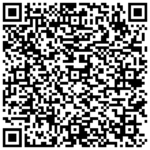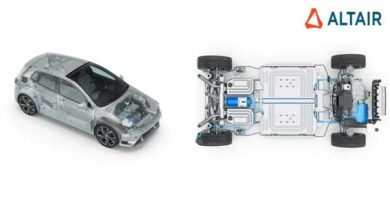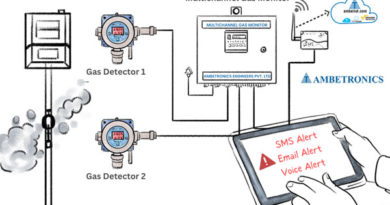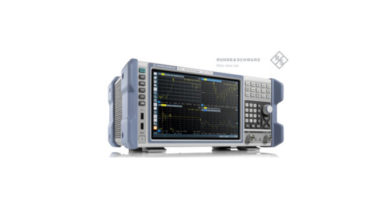Meeting PCB Technical Cleanliness Challenges with Altair
Verification of technical cleanliness in printed circuit boards (PCBs) is essential to ensure the reliability and longevity of products. This is especially true in the automotive and aerospace sectors, where contaminants in crucial components can cause serious malfunctions, expensive recalls, and failure to meet strict industry regulations.
Altair Pollex tackles these technical cleanliness challenges in PCB design. By introducing verification processes early in the design phase, companies can identify, classify, and address potential issues within PCB designs, leading to a more streamlined development process.
Technical cleanliness involves maintaining a specific level of purity during production to ensure reliable product performance. This includes managing the type, number, and size of particles, impurities, flux residues, and other contaminants that can affect a product’s behaviour, reliability, and lifespan. Different industries have varying levels of sensitivity to these impurities, requiring specific standards for impurity control and particle control in PCBs.
For instance, medical devices and automotive and aerospace components generally demand a higher degree of technical cleanliness than consumer products. The level of sensitivity to contaminants and the corresponding technical cleanliness requirements can vary depending on the application.
To read the full article, scan the QR code.




